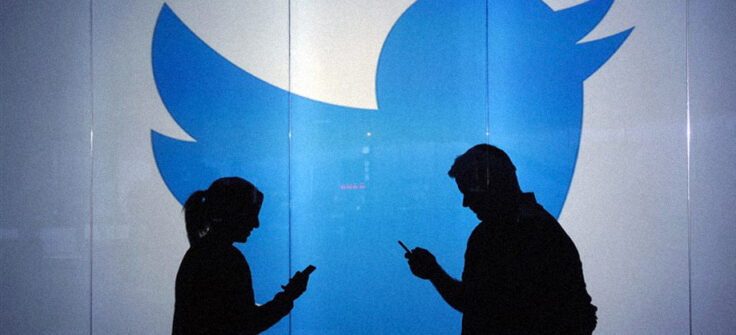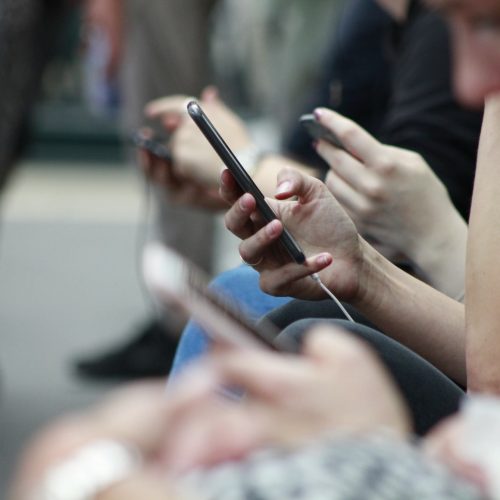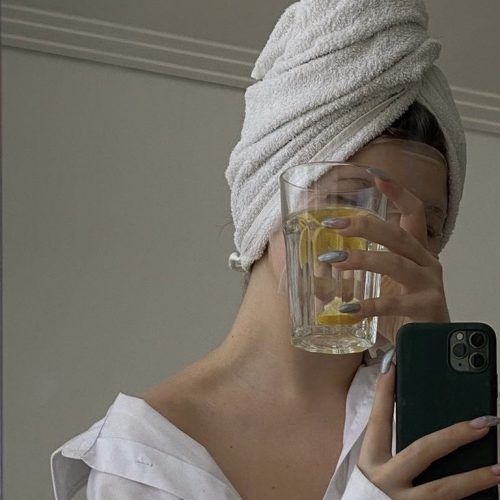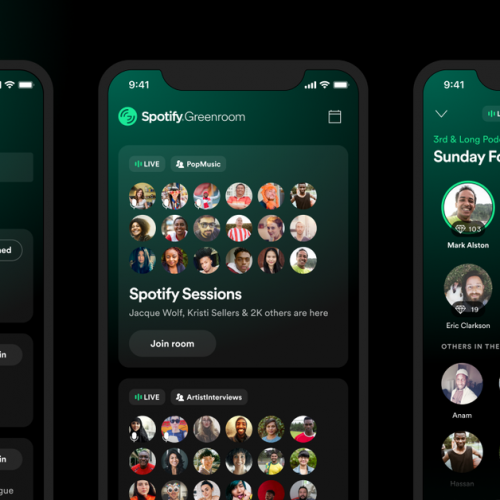To say social media has been firmly cemented as an underlying layer of our society is a no brainer. We all post about our lives on the daily, with Twitter being the one where we blurt out our innermost thoughts 140 characters at a time, and we tweet so much that Twitter have extended the character limit to 280.
It’s a powerful mode of communication—but according to a new study by Amnesty international, Twitter is particularly toxic for women.
“Twitter is a platform where violence and abuse against women flourishes, often with little accountability”, says the report. Women on the social media site are, in large numbers, the target of threats of physical or sexual violence, discrimination, and privacy violations.
They talked to women of all statures, from high level politicians and journalists to your average women with little to no following—and after 16 months of research, their results showed that each faced the same kind of identity-based harassment on Twitter. As the report states, “social media platforms like Twitter are not immune to many of the human rights abuses that women face offline.”
And under the United Nations Guiding Principles on Business and Human Rights, Twitter as a company actually holds a responsibility to identify, prevent, and address cases where women’s rights are being violated. The company’s former CEO Dick Costolo actually admitted in 2015 they “suck at dealing with abuse and trolls on the platform and [they’ve] sucked at it for years.”
The company’s current CEO addressed the site’s problem with abuse in 2017, saying: “We see voices being silenced on Twitter every day. We’ve been working to counteract this for the past two years. We prioritized this in 2016. We updated our policies and increased the size of our teams. It wasn’t enough.”
We can all agree that the company does in fact hold a responsibility to minimize abuse against women that takes place on their platform, and in a recent statement, their claim is that they have been actively trying to improve but “cannot delete hatred and prejudice from society”— to which many responded to by joining Amenesty’s #ToxicTwitter campaign.









